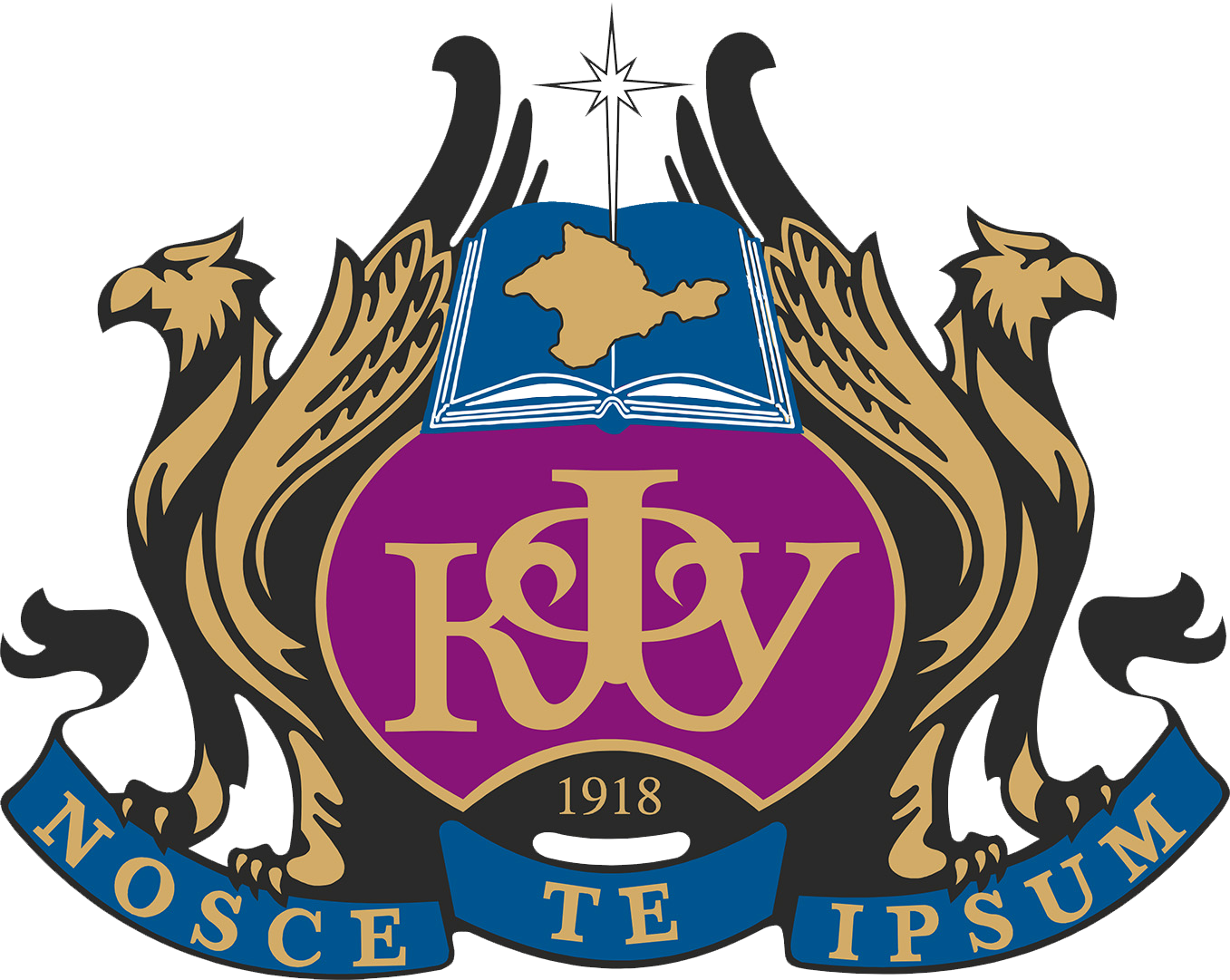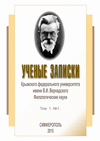This article explores the transformation of key figures of political violence — the «revolutionary» and the «terrorist» – in popular literature. Contemporary popular fiction, particularly the spy novel, serves as a unique platform for examining complex social and political phenomena. In recent decades, there has been a noticeable surge of interest in themes of terrorism and revolution, necessitating a reevaluation of traditional spy genre narratives. The study traces the diachronic evolution of these archetypes: from the romanticized heroes of 19th-century adventure prose (e.g., «The Scarlet Pimpernel» by E. Orczy) to the complex antiheroes of modern spy novels with terrorist themes (e.g., «Terrorist» by J. Updike). The article examines whether adventure spy novels incorporating elements of terror could serve as the foundation for the emerging genre of the terrorist spy novel. The author argues that adventure novels featuring revolutionary figures (e. g., «The Gadfly» by E. Voynich, «Scaramouche» by R. Sabatini) acted as a bridge between traditional spy fiction and the new subgenre of terrorist spy fiction, where the terrorist occupies a central role in the plot. The study employs a comparative analysis of the sacrificial motives of revolutionaries and the fanaticism of terrorists, applying a historical-ideological approach to shifts in ideological paradigms. This allows the author to categorize established literary models of the «revolutionary» and the «terrorist» into two poles: the ethical (struggle for an ideal) and the pragmatic (violence as a tool). The core of the research lies in reinterpreting the genesis of the spy genre through the lens of political violence
popular literature, hero archetype, revolution, revolutionary, terrorism, terrorist, spy novel.
1. Andreev L. N. Izbrannoe. – M.: Profizdat, 2010. – 368 s.
2. Apdayk Dzh. Terrorist. – M.: AST, 2009. – 320 s.
3. Bahtin M. M. Problemy poetiki Dostoevskogo. – M.: Eksmo, 2017. – 640 c.
4. Bahtin M. M. Epos i roman (O metodologii issledovaniya romana). – SPb. : Azbuka, 2000. – 298 s.
5. Berladir Yu. V., Harichkin I. K. Politicheskaya suschnost' mezhdunarodnogo terrorizma. – Moskva: Institut mezhdunarodnyh otnosheniy i social'no-politicheskih nauk Moskovskogo gosudarstvennogo
6. Berngard A. Strategiya terrorizma. – Varshava, 1978. – 23 s.
7. Bondarenko N. F. Principy zaschity V. I. Lenina // «Rodina». – 21.04.2016. – № 15. – S. 1.
8. Voynich E. Ovod. – M.: Veche, 2022. – 384 s.
9. Gor'kiy M. Zhizn' Klima Samgina. – M.: AST, 2022. – 1440 s.
10. Gutorov V., Shirinyanc A. Terrorizm i revolyuciya. – P.: Repozitoriy Universiteta imeni Adama Mickevicha v Poznani, 2018. – S. 235 – 247.
11. Dmitriev A. I., Maksimov A. V. Teoreticheskie osnovy terrorizma. Opredelenie ekonomicheskogo uscherba pri ocenke effektivnosti obschegosudarstvennoy sistemy protivodeystviya terrorizmu
12. Inozemcev V. L. Povtoren'e mat' uchen'ya // Svobodnaya mysl'. – 2008. – № 11. – 196 s.
13. Kalinichenko K. Peredacha «Rezoner» // radio «PLN FM» (102.6 FM). – 2025.
14. Kollinz S. Golodnye igry. – M.: AST, 2020. – 384 c.
15. Lenin V. I. O bol'shevikah. Rech' na VII-om Vserossiyskom s'ezde Sovetov // PSS. T.39. – 5-e izd.. – M.:, 1919. – 404 s.
16. Marks K., Engel's F. Manifest Kommunisticheskoy partii:. – M.: Azbuka, 2023. – 384 c.
17. Mahmudov R. M. Sociokul'turnye predposylki terrorizma v sovremennoy sociokul'turnoy situacii mirovogo soobschestva. // Vestnik Maykopskogo gosudarstvennogo tehnologicheskogo
18. Norec M. V. Genezis zhanra shpionskogo romana v angliyskoy literature: monografiya. – Simferopol': Biznes-inform, 2014. – 364 s.
19. Norec M. V. Detektivnyy i shpionskiy roman: «kletochnaya» model' zhanroformirovaniya // Kul'tura narodov Prichernomor'ya Filologicheskie nauki. – 2014. – № 267– S. 188-193.
20. Oruell Dzh. 1984. – M.: Galereya klassiki, 2023. – 416 c.
21. Orci E. Alyy Pervocvet. – M.: Ripol-Klassik, 2020. – 320 s.
22. Sand Zh. Nanon. – M.: Hudozhestvennaya literatura, 1999. – 375 s.
23. Safon K. Ten' vetra. – M.: AST, 2023. – 480 s.
24. Chertkov V. G. O revolyucii. Nasil'stvennaya revolyuciya ili hristianskoe osvobozhdenie? – Angliya: Svobodnoe slovo, 1904. – 53 s.
25. Chehov A. P. Rasskaz neizvestnogo cheloveka. – M.: RUGRAM, 2011. – 60 s





